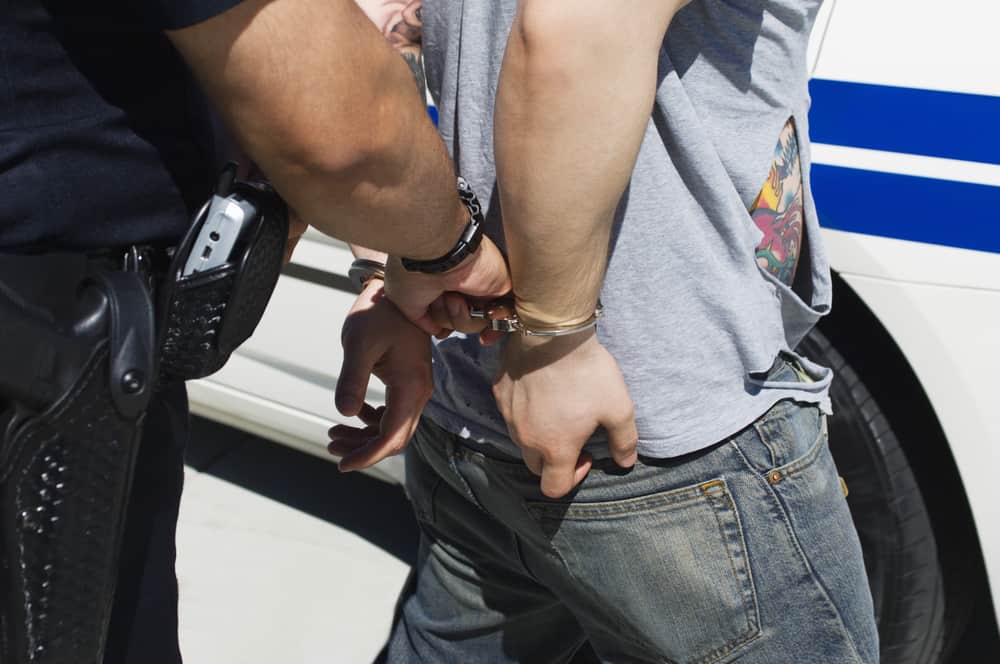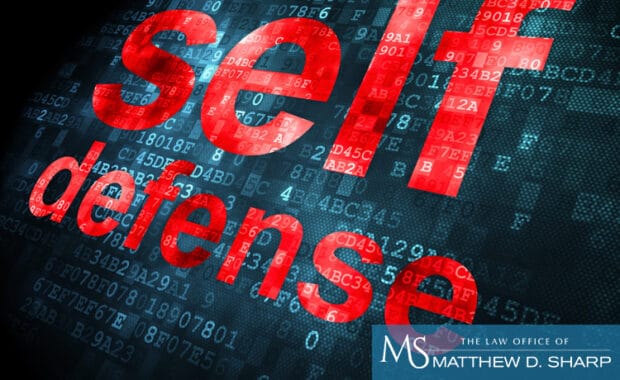A friendly get-together at a club or bar is usually filled with laughter and camaraderie. However, not all patrons of the establishment are there to enjoy fellowship. A pugnacious individual can start a bar fight for no reason at all, quickly turning a pleasant night into a chaotic nightmare.
Alcohol is usually consumed in a club or bar. When used in excess, alcohol can cause some people to feel deeply depressed, euphoric, or enraged. The myth is that there are either “happy” or “sad” drunks. For some people, consuming too much alcohol can draw out mean or malicious behaviors.
Mean drunks and mercurial behavior
A mean drunk is more inclined to respond negatively to an array of factors, including perceived slights (to themselves or a date), different opinions, or accidental physical contact. The response may be confrontational, prompting verbal threats to fist fights. For some patrons in the club or bar establishment, physical aggression is used to deal with perceived opposition or aggression.
Legal Ramifications of Getting Involved in a Bar Fight
In Texas, several legal ramifications may result in the aftermath of a bar fight:
Civil lawsuit
- If an individual strikes, cuts, throws an object, or a bouncer retaliates against a patron using “excessive force,” that person may have the legal basis to file a personal injury claim against the other person—or the establishment—for financial damages.
- A claim against the establishment reflects the legal doctrine of “premises liability.”
- The owner must do everything possible to ensure patrons’ safety, such as hiring enough security personnel to prevent disagreements from erupting into physical altercations.
- Unless you have the benefit of an experienced criminal defense attorney, what you say to police can be used to your detriment.
- Say the magic words–”I want a lawyer and wish to remain silent.”
Until you know the allegations against you, and who made them, it’s extremely unwise to make statements to the police. A knowledgeable criminal defense attorney will obtain information about the police’s investigation. He will obtain reports and statements police have gathered against you. He will also review discovery materials, including videos, police reports, and any other documentation used to support your arrest.
Assault charges in Texas
You can be charged with assault in Texas after making a simple threat or engaging in an argument, fistfight, or attacking another party with a deadly weapon. Depending on the circumstances, assault charges in Texas range from misdemeanor to felony charges.
If convicted of an assault charge, the defendant faces potential prison time and/or:
- Damages may include medical bills, lost income and wages, and past-present-future pain and suffering.
- A personal injury claim is filed in civil court. If you cause another person’s injuries in a bar fight or if they’ve caused injuries to you, they may file a civil claim in court to recover damages.
- No jail time is involved in a civil lawsuit. The court awards financial damages to the plaintiff if he or she wins the case.
If you’re the defendant in a civil lawsuit filed as a result of a bar fight, you may be required to pay a significant sum of money to the plaintiff if you lose the case. Retaining an experienced defense attorney could benefit you.
Unlawful arrest
If police make a wrongful arrest because of a bar fight, he or she may be able to file a civil claim against the bar owner for unlawful arrest. Because the police are protected by the legal doctrine of sovereign immunity, the individual arrested may have the basis to file a civil lawsuit against the bar or club owner.
An experienced assault attorney is key to your case.
Contact the Law Office of Matthew D. Sharp today
Criminal Assault
The owner of a club or bar establishment isn’t held responsible for all injuries that occur there. Texas state law says the bar owner isn’t liable for criminal actions of third parties.
Let’s imagine a relatively common incident. You and several friends go to a local bar and drink a little too much. Another patron at the bar bumps into you and you push back. Within seconds, another person throws a punch and you hit back.
The establishment’s bouncers break up the incident and friends take you home. The next morning, police appear at your home to arrest you for assault and battery.
What should you do next?
If you’re arrested, don’t provide a statement to the police. In short, an assault charge of any type may have a dramatic negative impact on your personal and professional life.
If you “intentionally,” “knowingly,” or “recklessly: 1) cause bodily injuries to another individual (or his or her spouse); 2) threaten his or her with imminent bodily injuries; or 3) cause physical contact with another individual when he or she reasonably believes or knows that the other person may consider the contact in an offensive way.
It’s possible to be charged for punching or kicking another person in a bar fight, but it’s also possible to be charged with assault after merely poking or pushing another person:
- You don’t have to have any physical contact with another party to face assault charges in Texas: if you threaten another person with bodily harm—and that individual has reasonable fears that you may make good on your claims—you may face criminal assault charges in Texas.
- If the police have a witness to the act of assault, you may be immediately arrested. Otherwise, the police may write a citation that demands you to appear in court or they may request a warrant for your arrest.
- When domestic violence is involved, police may arrest and immediately remove you.
Simple Assault and Penalties in Texas
- If you’re charged with simple assault (involving touching or threats), this is considered a Class C misdemeanor. If convicted, you face a maximum $500 fine.
- In comparison, if you threaten to assault an elderly individual, this is a Class A misdemeanor: you face maximum fines of $4,000 and/or a maximum 12-month jail term.
- If you threaten assault to a sports official, this is a Class B misdemeanor. If convicted, you face a maximum 180-day jail term and/or a maximum $2,000 fine.
In some cases, simple assault penalties may be enhanced when specific factors are involved:
- Simple assault resulting in minor injuries is typically charged as a Class A misdemeanor, but it may be charged as a third-degree felony if committed against an individual the defendant recognizes as an emergency services worker, government official, public servant, or security guard.
- Simple assault may also result in a third-degree felony charge if the defendant has prior convictions for domestic violence or assault. A third-degree felony carries punishments of a maximum 10-year prison sentence and/or up to $10,000 in fines.
Aggravated Assault and Penalties in Texas
Assault may be considered as aggravated assault if serious injury is involved, or a weapon is used in the commission of the assault. An aggravated assault charge is more serious than simple assault:
- Aggravated assault is typically a second-degree felony in Texas. The defendant faces a minimum two-year to maximum 20-year prison sentence plus a maximum $10,000 fine.
- Aggravated assault may be charged as a first-degree felony if it is committed against an individual with whom the defendant has a domestic relationship. Texas prosecutors may enhance charges if the individual has previously committed domestic or family violence offenses.
- Aggravated assault may be considered a first-degree felony if it’s committed against any public official, such as a police officer, emergency services worker, security guard, or witness/informant regarding a crime. If convicted, the defendant faces a prison sentence of five to 99 years (for life).
A criminal assault charge of any type is an extremely serious matter. You shouldn’t take it lightly. An assault conviction can have long-ranging negative consequences that damage your personal and work opportunities.
How can a criminal attorney help you? Download our free 8 Ways a Criminal Defense Attorney Can Help Your Case ebook
Defenses for an Assault Charge after a Houston Bar Fight
If you or someone you care about has been charged with assault after a Houston bar fight, you need a Houston criminal defense attorney with deep experience in handling assault cases. Your attorney will review the facts of the case and determine a strong defense strategy.
Your criminal defense attorney will review and dispute the prosecution’s evidence. For instance, did assault according to Texas law take place? If so, what’s the evidence that you were the responsible party? What did witnesses actually see? What mental or emotional condition were the witnesses in when they saw the alleged assault? Were they drinking? Are the prosecution’s witnesses related to the victim or are they neutral bystanders?
Alternatively, you could use an affirmative defense. In that instance, you admit assaulting the individual but had legal justifications to do so, such as acting in self-defense, protecting another individual from harm, or seeking to protect your personal property from vandalism or theft.
Contact a Houston Assault Attorney
A conviction for a misdemeanor or felony assault can destroy your future. Houston assault attorney Matthew D. Sharp has the experience you need now. Call The Law Office of Matthew D. Sharp in Houston at 713-868-6100 to discuss your potential case.






